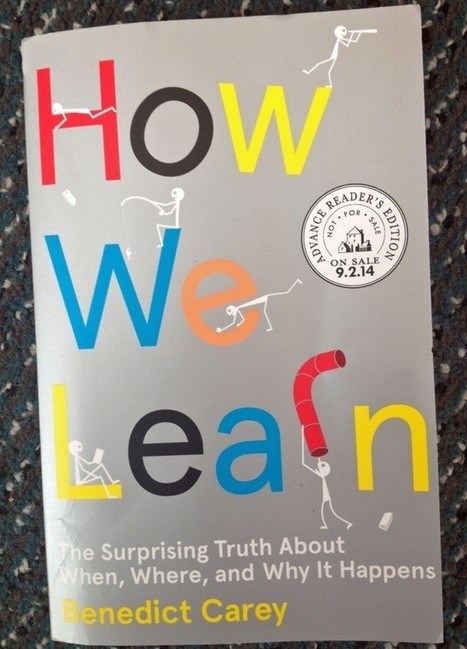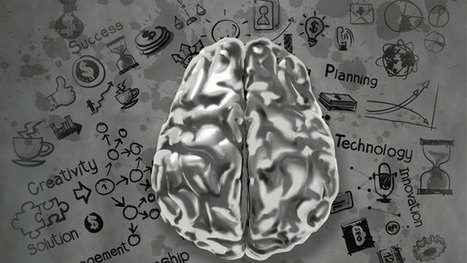Test how well you know some of these counterintuitive study tips.
|
|
Scooped by Beth Dichter |
Do you know how your brain learns new information. On August 25, 2014 I posted How Does The Brain Learn Best? Smart Studying Strategies. This post is a follow-up to that post and has five questions. Below is one of the questions with the answers, but to see if you are correct you will need to click through to the post.
Quoting from the post:
4) Your students each have an important class presentation to make in the coming days, and they need to memorize some material by heart. How much time should they spend studying and how much time practicing from memory?
A. A third of the time reading, two-thirds practicing from memory.
B. 90 percent studying the text — and 10 percent practicing from memory at the end.
C. 50 percent reading, 50 percent practicing.
D. Just read it a few times and sleep on it.
If learning how to learn is something you would like to learn more about, and if you would be willing to participate in a MOOC, Coursera will be offering the course Learning How To Learn again. It will begin on Oct. 3rd, so head over to Coursera to sign up. The course is free (unless you need documentation that you took it, in which case it will cost $49). I am in the final week of the course and would recommend it to you. At some point I will post my final assignment to share.



 Your new post is loading...
Your new post is loading...












Not only do we have to teach English but we have to teach the students how to Learn.